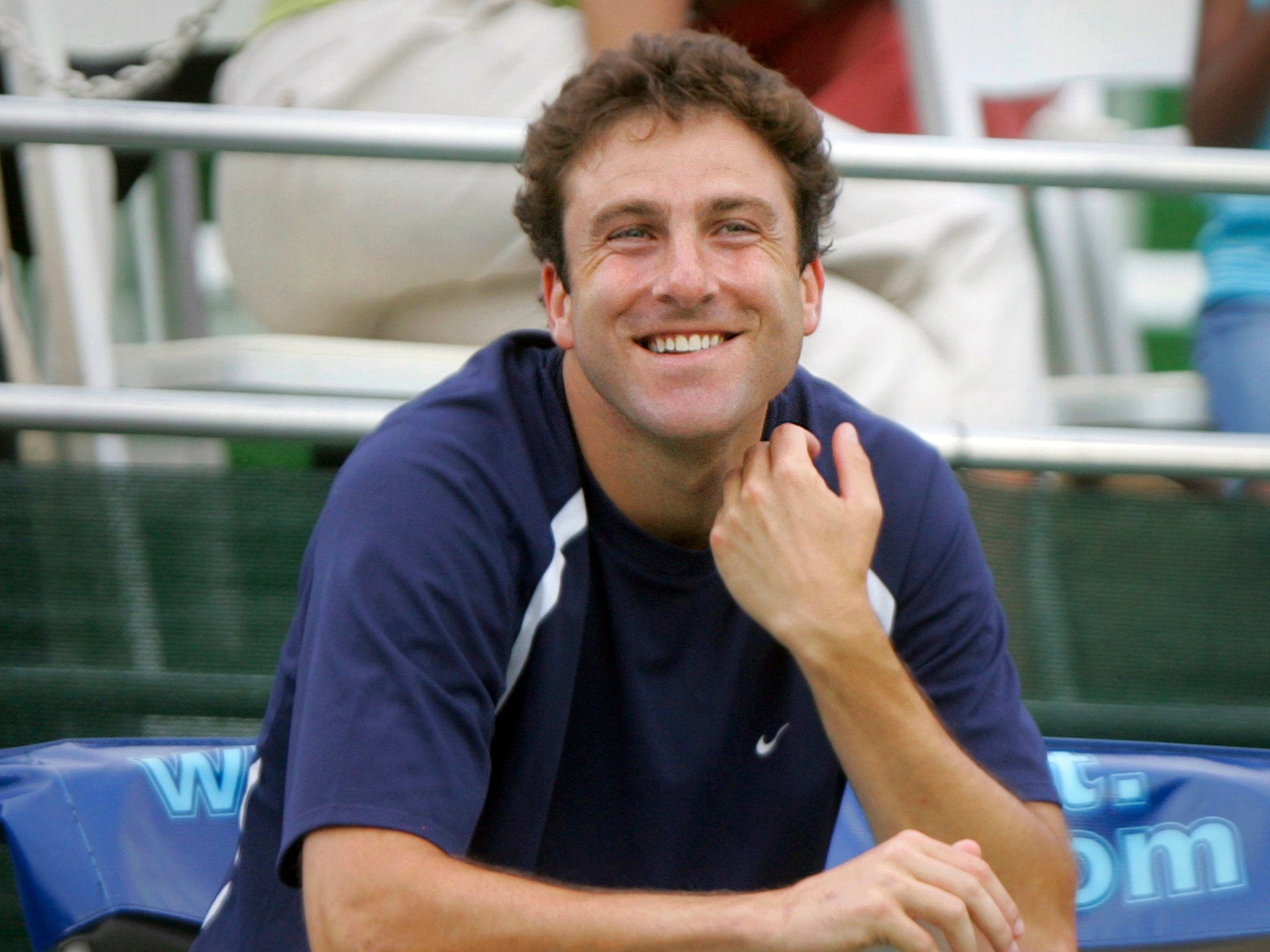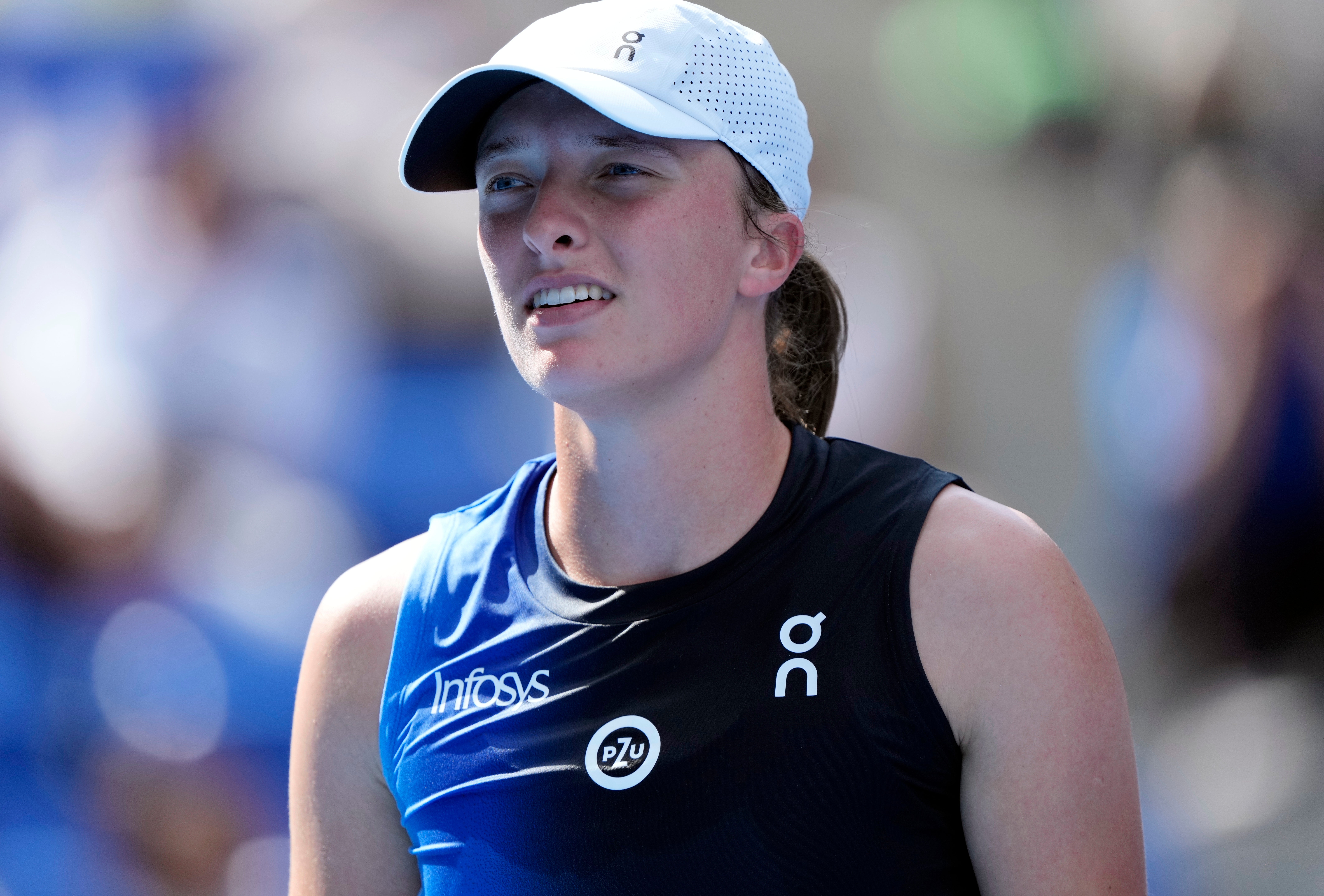Australian Open makes major schedule change after Andy Murray’s 4am finish
Andy Murray’s match against Thanasi Kokkinakis did not finish until 4am last year
Sign up to our free sport newsletter for all the latest news on everything from cycling to boxing
Sign up to our free sport email for all the latest news
Thanks for signing up to the
Sport email
The 2024 Australian Open will start on a Sunday, becoming a 15-day event for the first time, tournament organisers have announced.
There had been growing concerns over late finishes with so many matches scheduled on the opening Monday.
Last year, the second-round match between Andy Murray and Thanasi Kokkinakis, which lasted five sets, did not finish until 4:05am – which the British former world number one described as “ridiculously late”.
The new Sunday start will see an increase in the number of sessions across the three arenas from 47 to 52.
The day session at Rod Laver Arena and Margaret Court Arena will feature a minimum of two matches, which is down from three, to limit the potential of late finishes.
Recommended
Night sessions, meanwhile, will continue to feature a minimum of two matches and the John Cain Arena schedule also remains unchanged.
Australian Open tournament director Craig Tiley hopes the new arrangements will help alleviate the pressure on late-night finishes for both the players and the fans.
“We’ve listened to feedback from the players and fans and are excited to deliver a solution to minimise late finishes while continuing to provide a fair and equitable schedule on the stadium courts,” Tiley said.
“The additional day will achieve this, benefiting scheduling for fans and players alike.
“The first round will now be played over three days instead of two, also giving fans an extra day of unbelievable tennis, entertainment, food and family fun.
“Every year our team works hard to bring fans an event that feels new and exciting, and this is another opportunity to grow what is already the biggest annual sporting event in the world in January.”
Source: Read Full Article




